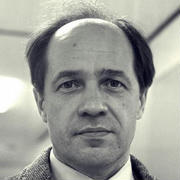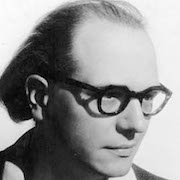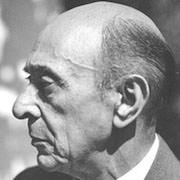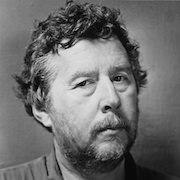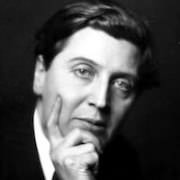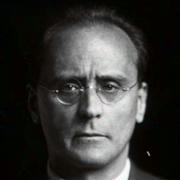Peter Alexander Goehr (German: [ɡøːɐ̯]; born 10 August 1932) is an English composer and academic.
Goehr was born in Berlin in 1932, the son of the conductor and composer Walter Goehr, a pupil of Arnold Schoenberg. In his early twenties he emerged as a central figure in the Manchester School of post-war British composers. In 1955–56 he joined Olivier Messiaen's masterclass in Paris. Although in the early sixties Goehr was considered a leader of the avant-garde, his oblique attitude to modernism—and to any movement or school whatsoever—soon became evident. In a sequence of works including the Piano Trio (1966), the opera Arden Must Die (1966), the music-theatre piece Triptych (1968–70), the orchestral Metamorphosis/Dance (1974), and the String Quartet No. 3 (1975–76), Goehr's personal voice was revealed, arising from a highly individual use of the serial method and a fusion of elements from his double heritage of Schoenberg and Messiaen. Since the luminous 'white-note' Psalm IV setting of 1976, Goehr has urged a return to more traditional ways of composing, using familiar materials as objects of musical speculation, in contrast to the technological priorities of much present-day musical research.

